We've been reading and enjoying The Lorax again recently. It always leads to lots of great conversation about how we should look after our planet better and what might happen if things don't change.
The Lorax is set in a dull, dark post-apocalyptic world which has been destroyed by the Once-ler’s relentless exploitation of nature. The heartbreaking result of excessive taking from the land is brutal, but the story ends with a glimmer of hope, as a single Truffula seed is left behind. A single seed from which new life can grow if nurtured and cared for.
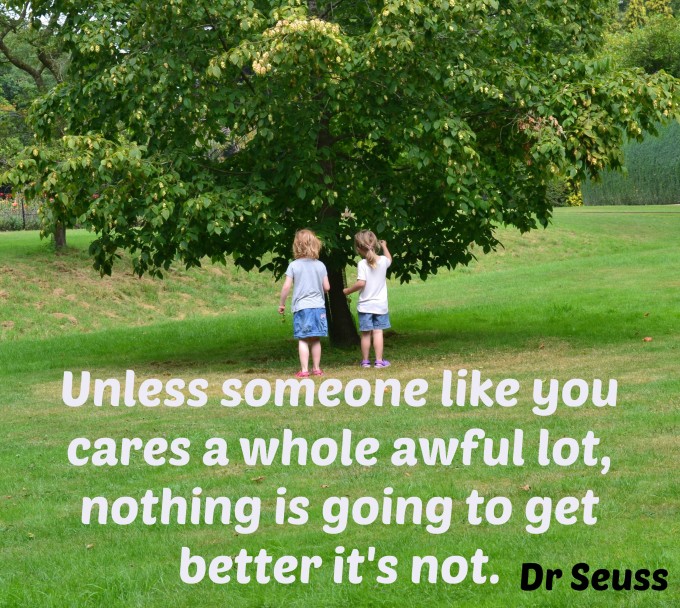
We tried a super simple activity to demonstrate that plastic decomposes much more slowly than food.
Materials
Two pieces of a vegetable - we used a pepper
Plastic sandwich bags
Soil
Method
Take two sandwich bags and place the same amount of soil in each.
Wrap one segment of pepper in a smaller sandwich bag and place in a bag containing soil.
Place the other segment of pepper in a bag containing soil without the sandwich bag.
Leave for 5 days making observations every 24 hours.
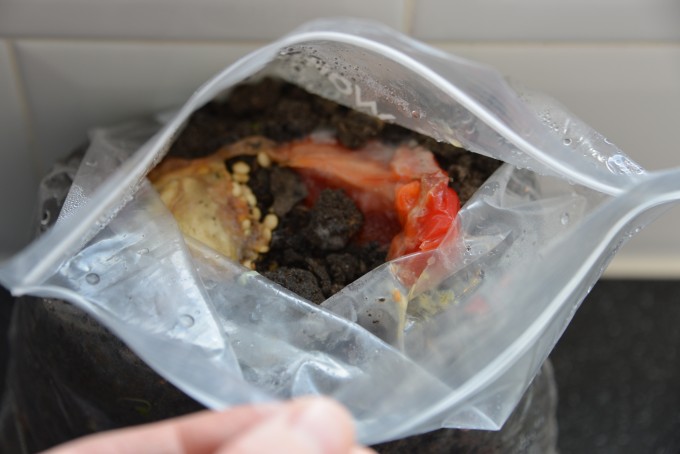
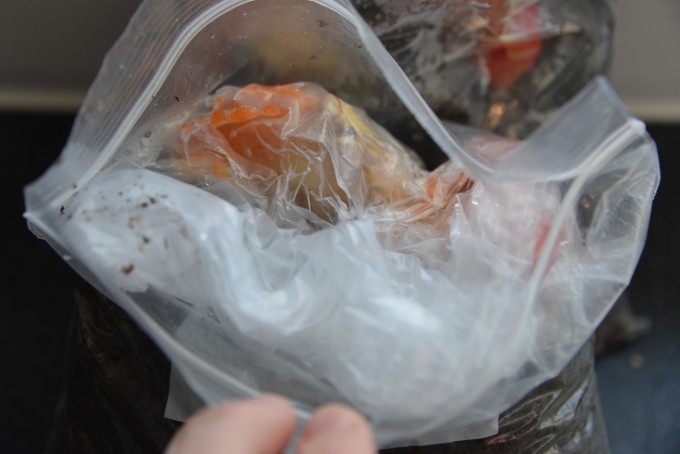
Results
As expected we discovered that our pepper wrapped in the plastic bag didn't decompose as much as the pepper without the bag.
Why does plastic not decompose?
Fruits and vegetables start to decay if left for a period of time. Micro-organisms feed on the fruit or vegetable and break it down. You can see how we tried to slow down the decomposition process here.
Unfortunately bacteria don't like to feed on plastic so it usually takes a very long time to degrade. Plastic can be broken down by UV light, a process called photodegredation, however plastic dumped in a landfill often doesn't get exposed to much sunlight. Plastic in the ocean breaks down faster, but the problem with plastic is that it releases chemicals into the water which then build up in the food chain.
See our other Lorax themed activites here
Today’s post is part of Trisha’s wonderful Storybook Science series, don't forget to check out the other fantastic posts.
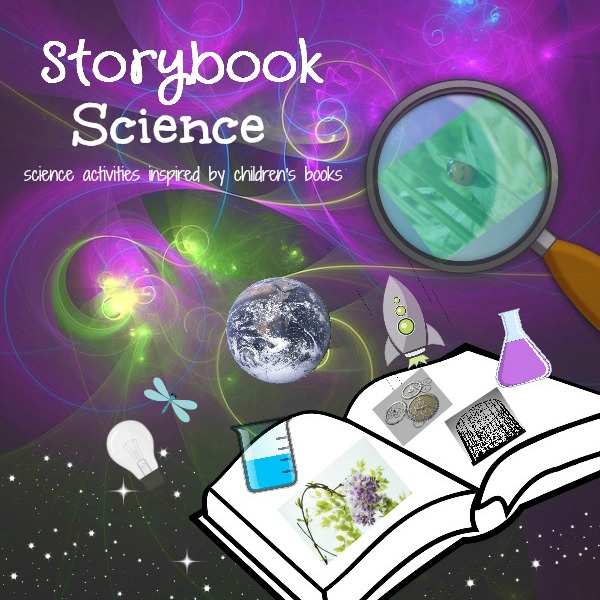
Last Updated on March 27, 2016 by Emma Vanstone
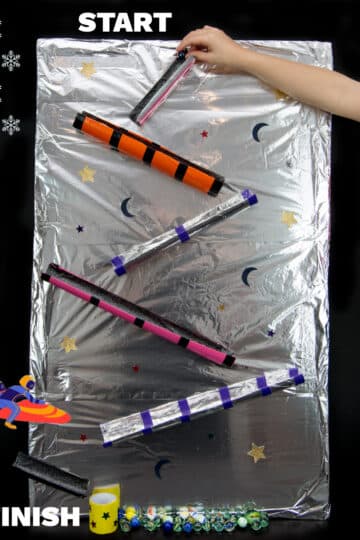
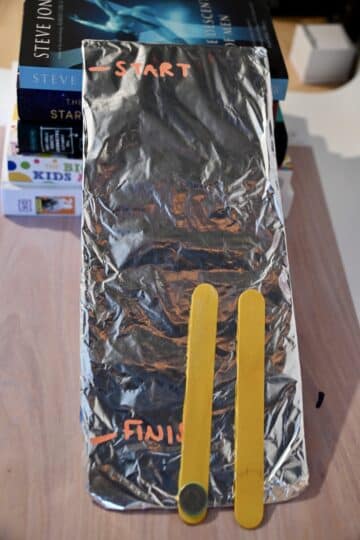

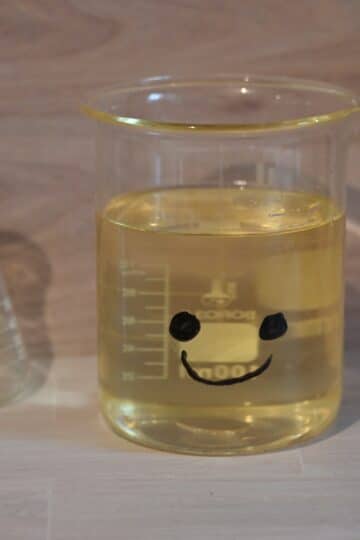
Trisha says
This is a great experiment to show the importance of minimizing our use of plastics. The Lorax is a wonderful book for inspiring conversations about the environment.
harambe says
lmao poop